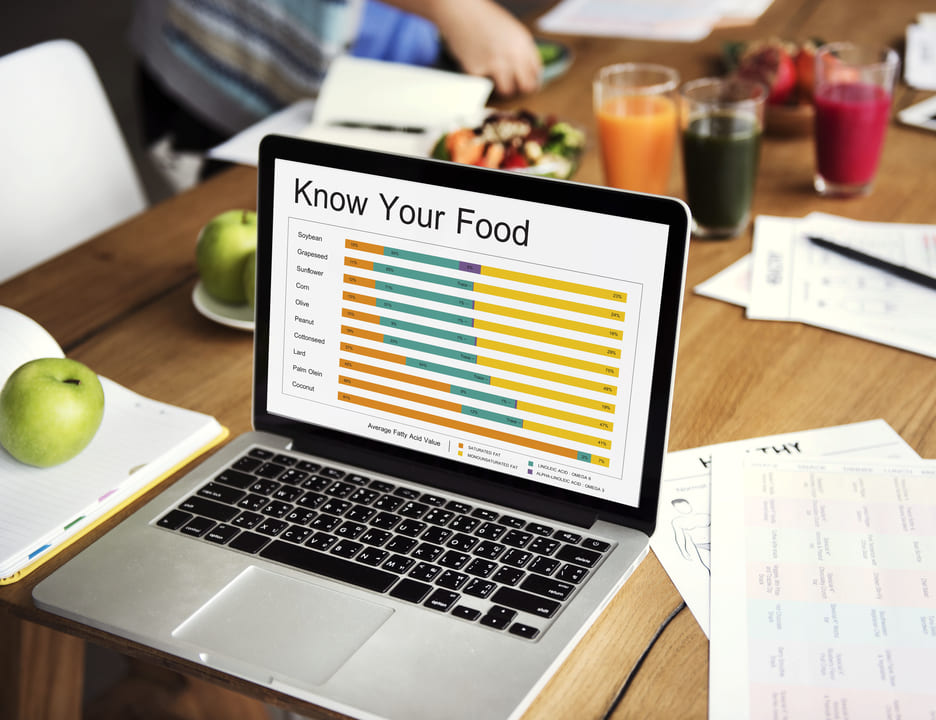Our DNA serves as the genetic blueprint, the code that defines who we are. However, this intricate code can sometimes suffer wear and tear, akin to a well-thumbed novel with dog-eared pages. This is what we call DNA damage, and it can have profound consequences for our health. But fear not, for in the world of nutrition, there exist a plethora of foods that can act as the guardians of our genetic heritage, aiding in the process of DNA repair.
Understanding DNA Damage: The Blueprint in Peril
Before we delve into the foods that can aid in DNA repair, let’s understand what DNA damage is and how it occurs. Our DNA is under constant assault from various sources, including ultraviolet radiation, environmental toxins, and even natural cellular processes. These assaults can lead to structural changes in our DNA, resulting in mutations and, in severe cases, diseases like cancer. However, the human body has a remarkable ability to repair DNA damage, and it relies heavily on our diet to provide the necessary tools for this repair work.
Fruits That Come to the Rescue
1. Berries: Nature’s Antioxidant Powerhouses
Berries, such as blueberries, strawberries, and raspberries, are rich in antioxidants like anthocyanins and vitamin C. These compounds help neutralize harmful free radicals that can cause DNA damage. A handful of berries a day can contribute significantly to your DNA repair process.
2. Citrus Fruits: Vitamin C for DNA Defense
Oranges, lemons, and grapefruits are renowned for their high vitamin C content. Vitamin C is a powerful antioxidant that not only fights free radicals but also stimulates the production of collagen, a protein crucial for DNA repair. Squeeze some citrus into your daily routine for a double dose of DNA defense.
3. Apples: A Fiber-Rich Choice
An apple a day not only keeps the doctor away but also aids in DNA repair. Apples are rich in fiber, which supports a healthy gut microbiome. A balanced gut microbiome contributes to overall well-being, including efficient DNA repair processes.
Veggies: Your DNA’s Best Friends
1. Leafy Greens: Packed with Folate
Spinach, kale, and Swiss chard are bursting with folate, a B vitamin that plays a key role in DNA synthesis and repair. Including leafy greens in your diet ensures that your body has an ample supply of folate to maintain the integrity of your genetic code.
2. Cruciferous Vegetables: Sulforaphane Superheroes
Broccoli, cauliflower, and Brussels sprouts contain sulforaphane, a compound with potent anti-cancer properties. Sulforaphane not only protects your DNA from damage but also assists in repairing it. Steam or lightly sauté these vegetables to retain their nutritional value.
3. Carrots: Beta-Carotene Boost
Carrots are brimming with beta-carotene, a precursor to vitamin A, which aids in repairing damaged DNA. Additionally, they contain antioxidants like lutein and zeaxanthin, which contribute to overall DNA health. Enjoy them as a crunchy snack or in salads.
The Timing of DNA Repair: How Soon After Eating?
The timing of DNA repair after consuming these DNA-friendly foods can vary. While some antioxidants begin their work immediately, the repair process may take longer. Consistency is key. Eating a well-balanced diet rich in these foods over time can provide your body with the resources it needs to repair DNA damage efficiently.
Conclusion: Your DNA, Your Responsibility
As I conclude this journey through the realm of DNA repair, I must emphasize that our genetic code is a precious legacy that we must protect. The foods we consume have a profound impact on our DNA’s health, and by making mindful choices, we can fortify our bodies against the onslaught of daily life. Remember, it’s not just about eating for today; it’s about nourishing the blueprint of your future. So, embrace the power of berries, the vitality of veggies, and the wisdom of a balanced diet to ensure that your DNA remains a testament to resilience and vitality.
In the ever-evolving dance of life, our DNA is the choreographer, and we are the dancers. Let’s ensure that the performance is one for the ages.

